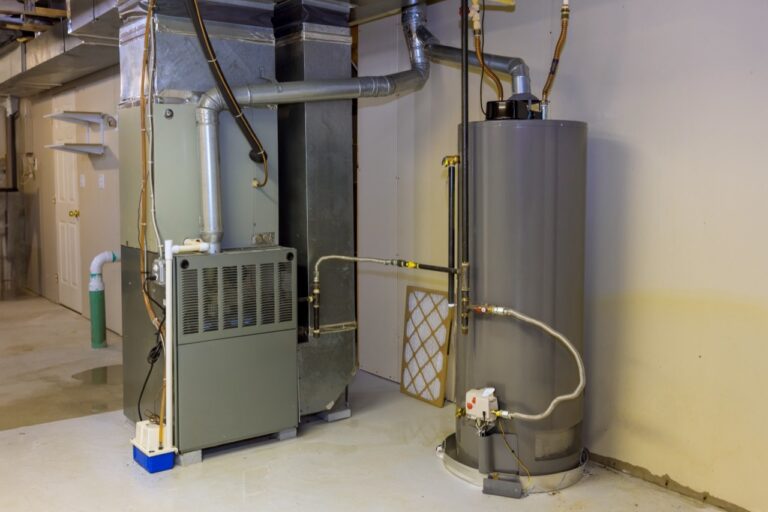If you’ve inherited an HVAC rental contract—maybe for a hot water heater, furnace, or AC unit—you’re not alone. Many Ontario homeowners feel stuck with sky-high fees, penalty-ridden leases, or misleading sales tactics. Whether the contract came with your home purchase or was signed under pressure, you may have more rights than you think.
Let’s break down what you need to know about cancelling an HVAC contract in Ontario—clearly and in plain English.
1. Not All HVAC Contracts Are Valid
If you didn’t initiate the sales interaction (such as door-to-door or unsolicited calls), and the contract was signed in your home, it may be considered a Direct Agreement under Ontario’s Consumer Protection Act (CPA).
💡 Here’s the key: If a salesperson came to your door without your request, that contract is void. But that doesn’t mean the company will automatically cancel it. You may still need to take legal steps or file a complaint to enforce your rights.
2. Use Your 10-Day Cooling-Off Period
If you’ve recently signed a contract—whether it’s in person, over the phone, or online—you have 10 days to cancel for any reason, as long as you do it in writing.
Here’s a simple cancellation email template you can use:
Subject: HVAC Contract Cancellation Request
Dear [Company Name],
I am writing to cancel our contract for HVAC services under Ontario’s Consumer Protection Act. This notice is being sent within the 10-day cooling-off period. Please confirm receipt.
Sincerely,
[Your Name]
📬 Send this by email or registered mail, and save your confirmation for your records.
3. What If the HVAC Contract Came with the House?
Check the Rental Items section of your Agreement of Purchase and Sale. If the equipment (e.g., hot water tank) is listed, and you didn’t review the contract before purchase, talk to your real estate lawyer. In some cases, you may argue you didn’t fully agree to assume the terms.
🛑 If it wasn’t listed, you may have the right to require the seller to buy out the contract before closing.
4. Have a Buried HVAC Contract on Your Title? Read This
Some companies register Notices of Security Interest (NOSIs) on home titles—without clearly telling homeowners. These have been used to block refinancing or home sales.
As of June 5, 2024, under Ontario’s Homeowner Protection Act, all existing NOSIs for consumer goods are cancelled, and no new NOSIs can be registered.
Need to refinance? Make sure nothing’s holding you back. Use our Mortgage Interest Calculator to explore your options—or Contact The Local Broker for help getting your mortgage application ready.
5. Contracts Signed Under Pressure? You May Still Cancel
You can cancel a contract within 1 year if any of the following apply:
- The company used misleading or false claims
- You were subject to unfair pressure or aggressive sales tactics
- The contract is missing legally required information
- The company failed to deliver the equipment or service within 30 days
- They failed to refund money owed within the legal timeframe
These fall under “Unfair Practices” in the CPA and may entitle you to a full refund or other remedies.
6. What to Do if You’re Stuck
- Document everything (emails, contracts, texts)
- File a complaint with Ontario’s Ministry of Public and Business Service Delivery
- If the issue involves property rights or title, consult a real estate lawyer
- Leave an honest online review—this sometimes helps get issues resolved faster
- Share your story with consumer protection media or post publicly to warn others
Final Tip: Consider a Buyout
Sometimes, the fastest and least painful solution is to pay the cancellation fee, remove the rental, and install your own unit. It’s an investment upfront, but it may save you thousands over the life of the lease—especially if it helps you sell or refinance your home down the line.
Need mortgage help or advice on how these contracts could impact your home financing?
📩 Contact The Local Broker — we’re here to help you make confident, informed decisions.
